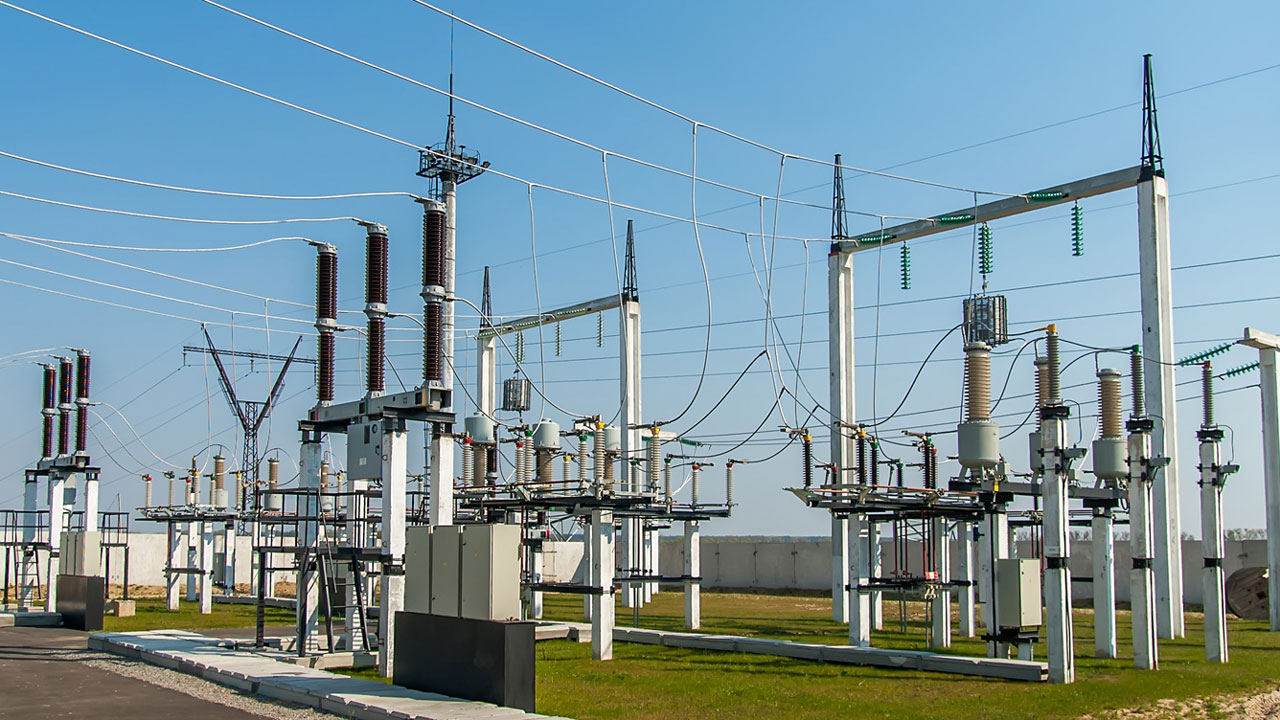A report released by Business Hilights Intelligence Unit (BHIU), an independent research arm of Media Hilights Integrated Company Limited, publishers of Business Hilights, has revealed that contrary to insinuations that whenever electricity supplies drop, Distribution Companies (Discos) are at loss, Discos gain more unearned incomes.
According to the report, “Electricity Customers on estimated billing platform had continued receive rather rising bills whether power supplies are regular or dropping because Discos had placed them on a rather permanent of rising amount as their monthly bills without recourse to rate of power supplies”
“Discos can only lose fortune on the side of their customers who are already on prepaid meters as the meters can only count on power supplies.
The report further argued that “But for the growing pressure from the government and jumping complaints from customers’ on estimated billings, Discos are not truly ready to meter customers as they make more money from estimated billing than prepaid”.
“This formed part of the reasons why Discos are finding hard to align with the efforts of the government through the National Electricity Regulatory Commission (NERC) in introducing the Meter Access providers (MAPs) to partner with Discos in metering Nigerian power consumers.
“Currently, upon NERC had licensed well over 100 MAPs service providers, checks show that more than half of the 11 Discos across Nigeria are finding it hard to reach terms with MAPs in the effective installation of prepaid meters to their customers who are still on estimated billing accounts.
According, the latest revelation that with average energy enjoyed by electricity consumers dropping to 4,002 megawatts in April, Discos lost a total of N46.01 billion revenue due to constraints which included shortage of gas; grid unreliability and distribution limitations only relates to power generation companies (Gencos) and Discos who couldn’t meet their monthly targets due to rising number of prepaid customers as against estimated billing.
Part of the losses on Gencos came from the fact that gas supply needed to boost generation dropped to 19,442 million standard cubic feet (mmscf) in April, as against 22,505mmscf recorded in March.
Already, the Transmission Company of Nigeria (TCN) said up to four Gencos have been unable to generate electricity to the national grid for several days, due to gas supply challenges.
Figures sourced from the Office of Vice President, Prof. Yemi Osinbajo, indicated that in April, the average volume of electricity generated and distributed daily to Nigerian homes and offices was 4,002 megawatts (MW) per day, while an average of 3,196 MW was constrained from getting to consumers by gas limitations.
Though the data showed that Nigeria’s power sector attained a peak generation of about 5,348MW during the period, Transmission Company of Nigeria (TCN) averred that the national grid was experiencing reduced power generation due mainly to emergency maintenance by the Nigerian Gas Company (NGC) of its gas pipeline supplying gas to Egbin, Omotosho, Olorunsogo and Paras Power Stations.
A statement from TCN weekend revealed that the maintenance was due to lately observed leakage on the Escravos-Lagos Pipeline System gas pipeline, which forced a total shutdown of the four power generating plants on 25th April, 2019.









